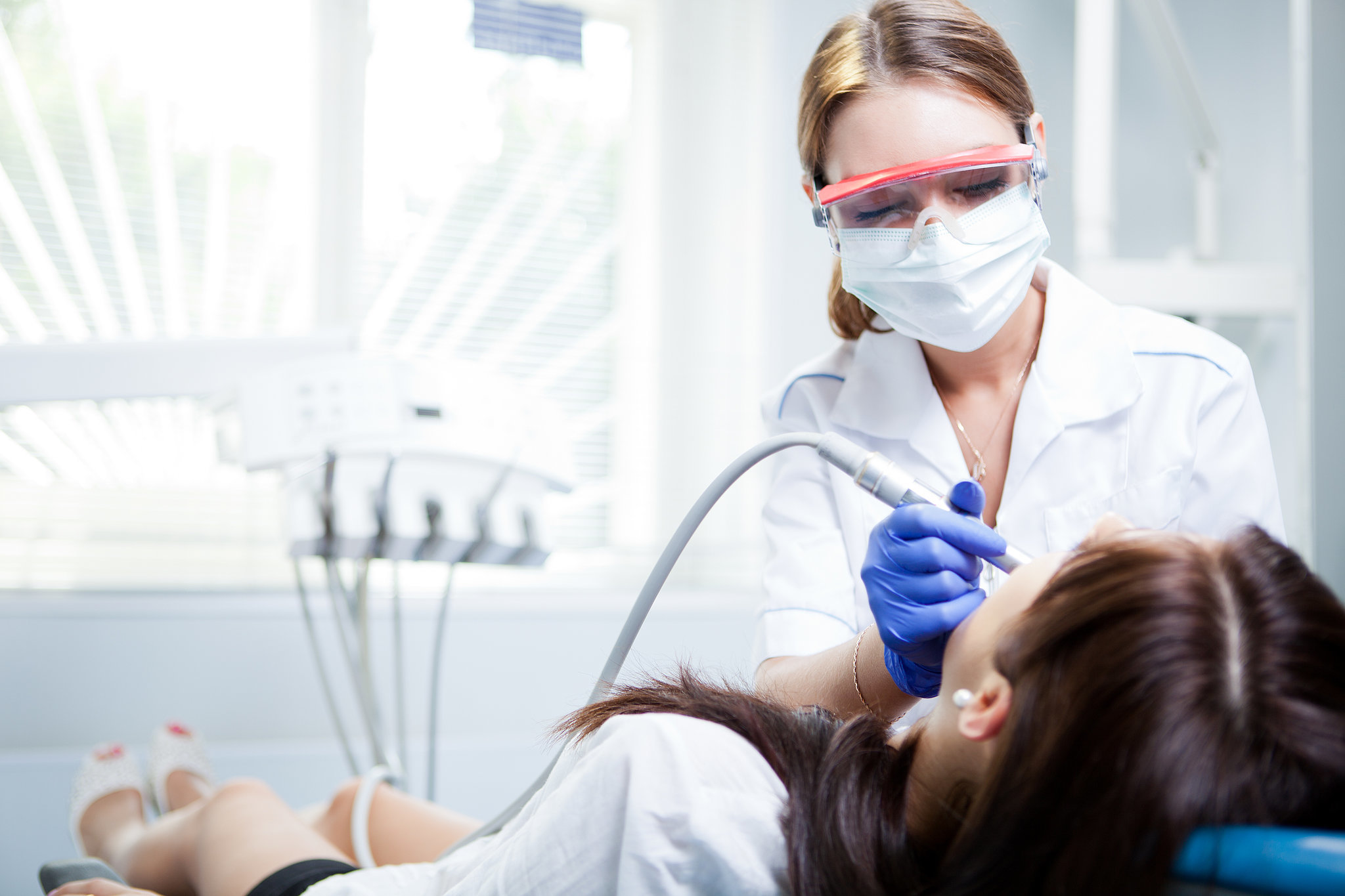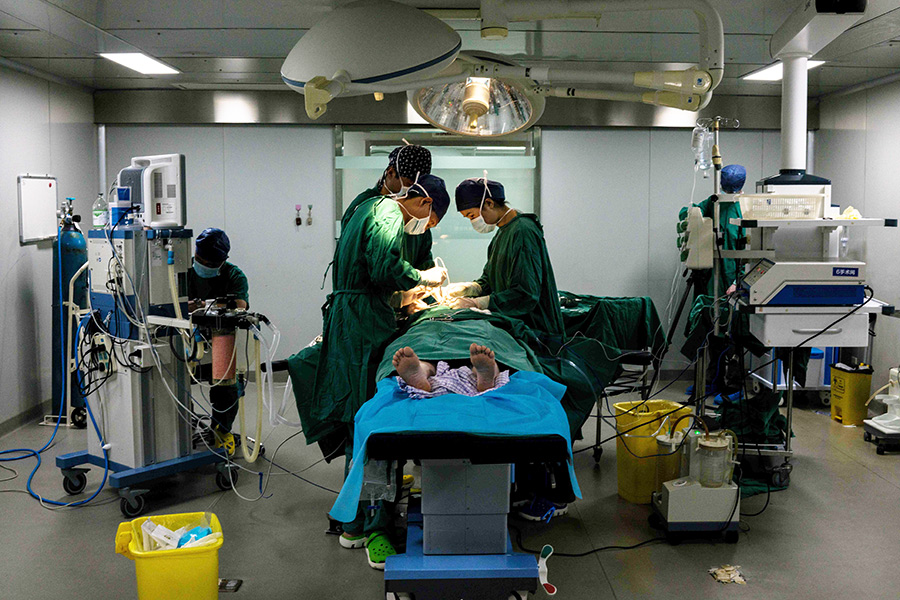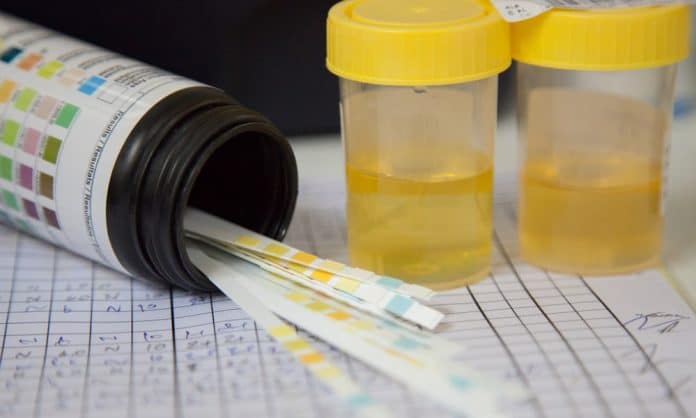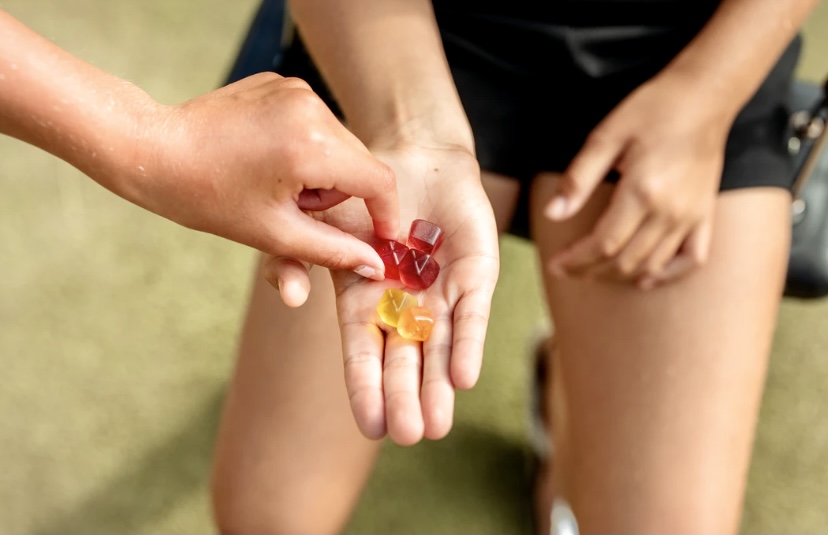Get Ready for Your Dental Cleaning Appointment

Dental cleanings are not only meant to give you a shining, bright smile. This procedure is also performed to ensure good overall oral health. By having your teeth cleaning, risks to various serious health issues will be avoided. Some of the associated dental and medical problems include cancer, bone loss, stroke, and cardiovascular disease.
Ideally, a professional dental cleaning should be done at least every six months to prevent tooth decay or gum disease. Brushing and flossing multiple times a day can help keep your teeth clean, but they aren’t enough. If you’re now thinking about having a dental cleaning treatment, here are several things that you should do first.
1. Book a dental checkup
A dental visit before the cleaning is necessary. If you already have a routine checkup on schedule, take advantage of it. In the visit, all of your particular needs regarding dental health will be assessed by your dentist for a successful cleaning session.
Ideally, the dentist should be able to determine if the session is ideal for you. For instance, if you currently have a bigger problem with internal stains typically caused by decay, long-term exposure to antibiotics, or trauma, a simple cleaning treatment can’t fix it. They might suggest a different procedure that you should go through first. Generally, cleaning sessions are only meant to eliminate external stains caused by drinking, eating, or smoking.
2. Do some pre-cleaning your own
If you just ate, do not go to your dentist without brushing and flossing your teeth. Cleaning up your teeth a little will make it easy for the dentist to evaluate how well your teeth are. Take some time to do a simple pre-cleaning to avoid bacteria transmission as well. Remember that every person has germs in their mouths. Aside from your toothbrush and floss, mouthwash can get rid of germs.
Even with a dental assistant’s help, your dentist will still have a hard time with the cleaning if there is a visible buildup of tartar or plaque in your teeth. Make it easy for them by doing some pre-cleaning. It will be better if you can maintain good dental care routine weeks before your scheduled treatment.
3. Check what food or drink you consume
Most of the time, people choose not to eat before their dental cleaning to avoid staining their teeth too much. But you don’t have to starve yourself just for that. Additional to regular brushing and flossing, there are several foods you can eat that are less likely to stain your teeth. These include rice, pasta, fish, chicken, potatoes, white bread, cauliflower, white cheese, yogurt, and bananas. To avoid staining your teeth, don’t eat turmeric dishes, colorful vegetables and fruits, curry, red meats, and tomato-based cooking sauces.
Another way to prevent staining is to drink light herbal tea instead of hot drinks such as coffee and tea. At the same time, switch your favorite red wine with clear liquid alcohol like vodka, gin, or white wine.
4. Avoid using tooth-whitening products
Most individuals get insecure about going for dental cleaning, so they will do all they can to whiten their teeth to look good. Take note, dentists are there to help you and not to judge you. On top of that, most whitening processes, whether those applied in dental offices or over the counter, can make the teeth more sensitive. When that happens, the cleaning procedure could be more painful or uncomfortable.
So instead of doing that, ask your dentist if you can have a whitening session following your cleaning treatment. After all, that’s actually the best time for whitening since your teeth have already been scraped clean of tartar and debris.
5. Reschedule if you’re sick
If you don’t know yet, a professional dental cleaning will involve scraping below your gum line to get rid of the tartar. This can potentially irritate your gums can be caused some bacteria to enter the bloodstream from your mouth. This is just normal. However, if you are sick, your immune system is already hit. Don’t compromise it more by going through a cleaning procedure. While some dentists may advise pre-medicating with antibiotics to minimize the risk of serious infection, it’s always best to stay home and get better first.
Doing all these tips before your professional dental cleaning can help maximize the results of the treatment. Nevertheless, keep in mind that your overall oral health is still up to you. Take proper care of those pearls to make sure they last longer and help you prevent serious health problems.











